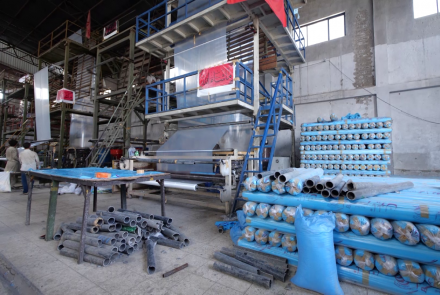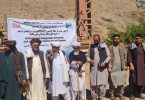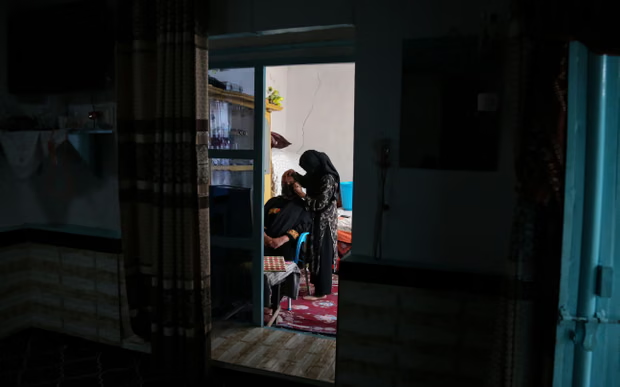KABUL (TOLONews): Amid increasing power outages in Kabul, several factory owners in industrial parks have expressed concern over the inconsistent distribution of electricity.
They say that the lack of power and the absence of a clear schedule for electricity supply have led to a decline in their production capacity.
Najibullah, the manager of one factory, said: “We have enough raw materials at our disposal. If we had uninterrupted, 24-hour electricity, we could produce up to 20 tons a day. But currently, we’re only producing about 4 to 5 tons. The lack of power is a very serious problem for us.”
At the same time, some factory workers in Kabul report that these outages are even threatening their job security.
Hashmatullah, one of the workers, said: “My concern is that I have a family of eight and I’m the sole breadwinner. If our problems are not addressed and I lose my job, where will I go for work?”
Abdul Karim, another employee, said: “This electricity issue has forced some of us to come from far away in the middle of the night and work non-stop from two nights to two days.”
Despite repeated attempts, Da Afghanistan Breshna Sherkat (DABS) has not responded to the issue.
Meanwhile, the Kabul Industrialists Association warns that if the Islamic Emirate does not support factory owners, the country will face industrial stagnation and rising unemployment.
Officials from this association emphasize the critical role of electricity in the production process and call for the regular and stable supply of electricity to factories in order to support national economic growth.
Najibullah Siddiqi, Deputy Head of the Kabul Industrialists Association, said: “Priority must be given to Afghanistan’s industry. If we don’t have electricity in our homes, we can still find ways to cope; but if there’s no bread on our table, there’s no solution. Factories must be made operational so the people of Afghanistan, our workers, and our brothers can come and find jobs there.”
Although Afghanistan has vast resources of hydro, solar, and wind energy, the lack of fundamental investment has forced the country to rely heavily on imported electricity.







